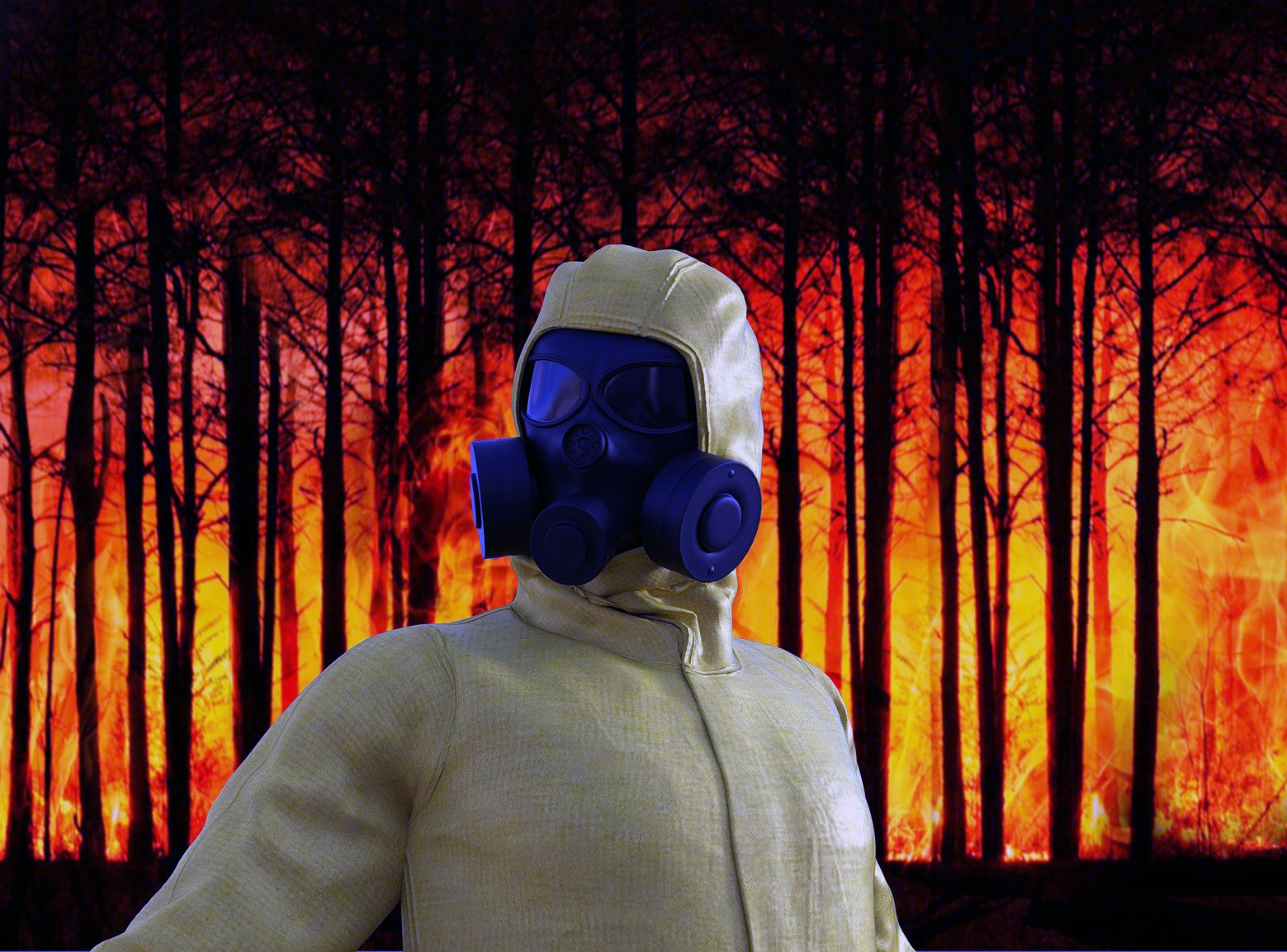I’ve been a broken record recently playing all the Pema Chödrön hits. But, get this:
[When] you wake up in the middle of the night with an anxiety attack and when you can fully experience the taste and smell of it, you are sharing the anxiety and fear of all humanity. People’s stories are different, their situations are different, but the experience is the same.
This pandemic just won’t end, will it? Wildfires. Hurricanes. Record unemployment. Winter around the corner. Two old men fumbling through an election, one of them a flat out racist, the other unwilling to stand for anything that would actually change people’s lives.
Everyone I know is suffering on multiple fronts. We repeat, mantra-like, “There’s just so much going on in the world.” Even pets are acting needier than usual.
But what Pema is getting at is: At least we’re not alone. We might be physically isolated. We might be tired of interacting through little boxes on screens. But we’re all feeling more or less the same emotions: anxiety, impatience, fear, anger, loneliness.
The trick is to just admit that they’re there. Don’t hide from them. Don’t beat yourself up for feeling them. Don’t take them as evidence that something’s wrong with you. Because your best friend, your neighbor, your postal worker feels them too.
My default move is hiding from uncomfortable feelings, stuffing them down and pretending everything’s fine.
But not the other day. During a group therapy session, someone teased me in a way that embarrassed me. Just like that I was 14 again, worried about what the girls in class think. My stomach squeezed up in that familiar way. I felt a million miles from the little boxes on the screen.
But because the group therapist had created such a safe space, another part of me felt secure, solid, stable. Instead of hiding, I was able to notice how curious I was. Wow, look how scared part of me is, I thought. I wonder what it was that triggered me. What if I just allow this discomfort to be here?
That’s what we have to try to bring to our inner world, that curiosity. That unconditional positive regard, as the psychologist Carl Rogers called it.
“People are just as wonderful as sunsets if you let them be,” Rogers once wrote. “When I look at a sunset, I don’t find myself saying, ‘Soften the orange a bit on the right-hand corner.’ I don’t try to control a sunset. I watch with awe as it unfolds.”
Once I got curious and “fully experienced the taste and smell” of the embarrassment, it didn’t feel so overwhelming. I even was able to tell the group that I felt a little scared. They, of course, accepted me. I was less alone—less like a 14-year-old in gym class. Less like I’m the only person who’s afraid in the whole wide world.
Rogers, again: “The curious paradox is that when I accept myself just as I am, then I can change.”
Start small. You don’t have to work with your feelings about the pandemic, about Trump, about climate change, all at once.
Just try to stay by the fire a little longer when you feel that familiar tightness. When you’re feeling lonely on a Friday night. When your partner falls asleep without saying they love you. When your boss wants you to work late again.
Pema with the mic drop:
We can close our hearts to life to try to protect ourselves against difficult circumstances. Or we can let difficulties soften us and make us kinder and more open to what scares us. We always have this choice.
I’m a writer, meditation teacher, and host of the Meditation for the 99% podcast. If you’d like to work with me on your meditation practice or being more mindful in your life, reach out. Get my writing straight to your email inbox here.
Download my free ebook on starting and sticking with a meditation practice here.
